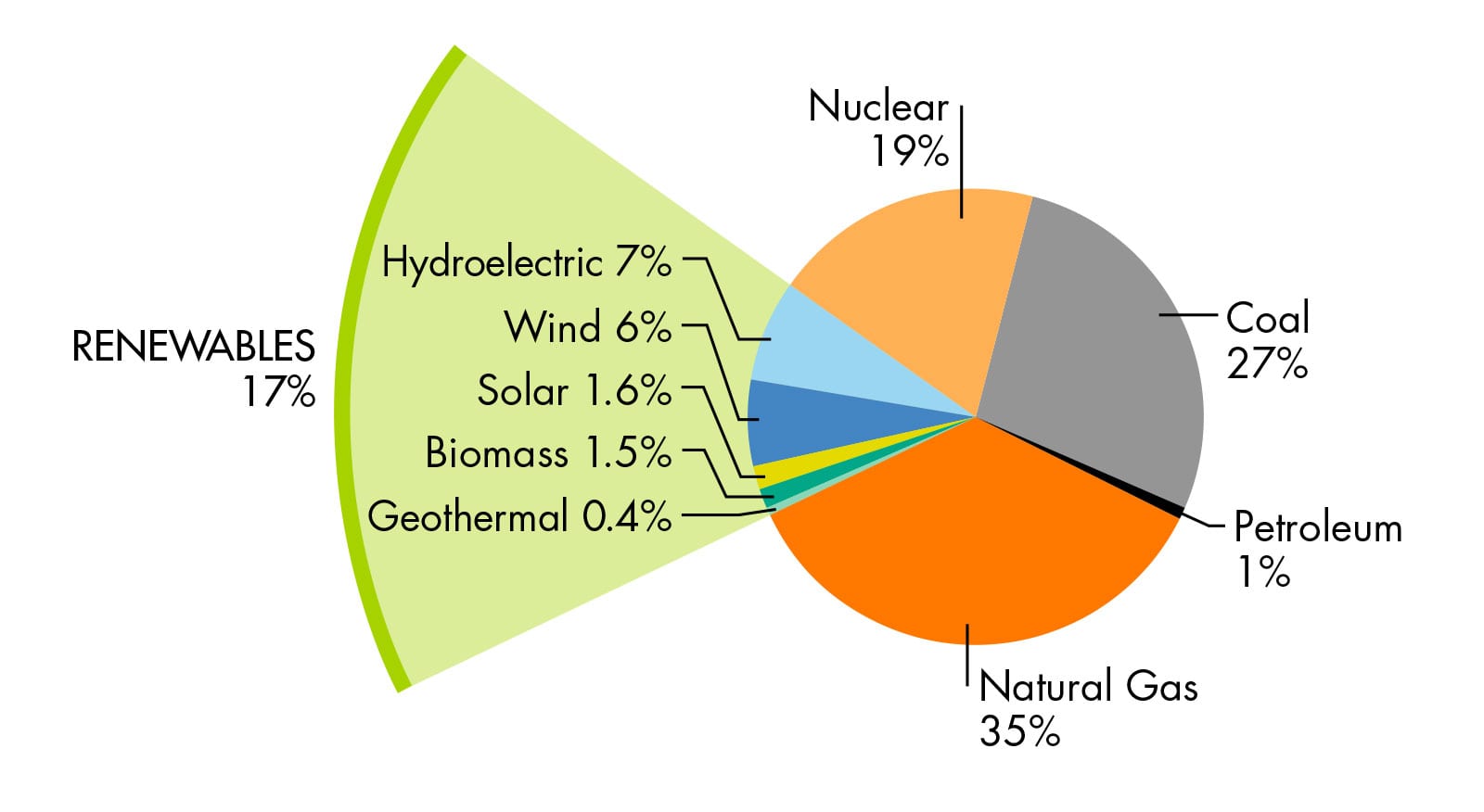
Harnessing Renewable Energy for Sustainable Solutions
Renewable energy utilization stands at the forefront of combating climate change and fostering sustainable development. This article explores the various facets of harnessing renewable energy sources and their pivotal role in creating a cleaner and more sustainable future.
The Imperative for Renewable Energy Adoption
In the face of environmental challenges, the imperative to transition to renewable energy sources is clear. The utilization of solar, wind, hydropower, geothermal, and biomass energy is crucial in reducing dependence on fossil fuels and mitigating the impact of climate change.
Solar Power: The Abundant Energy Source
Solar energy, harnessed through photovoltaic cells, is one of the most abundant and accessible renewable resources. The widespread adoption of solar panels for electricity generation not only reduces reliance on non-renewable sources but also contributes to decentralizing power production.
Harvesting Wind Energy: Clean and Consistent
Wind energy, generated by harnessing the power of wind turbines, is a clean and consistent source of power. Wind farms, both onshore and offshore, contribute significantly to the global energy mix. Advances in wind turbine technology continue to increase efficiency and lower costs.
Hydropower: Tapping into Flowing Water’s Potential
Hydropower has been a traditional and reliable source of renewable energy. Dams and turbines harness the kinetic energy of flowing water to generate electricity. While concerns about environmental impact exist, careful planning can minimize such effects, making hydropower an essential part of the renewable energy portfolio.
Geothermal Energy: Earth’s Internal Heat as a Resource
Geothermal energy taps into the Earth’s internal heat for power generation. This renewable resource provides a continuous and reliable source of electricity and heat. Geothermal power plants have a relatively low environmental impact compared to some other energy sources.
Biomass Energy: Harnessing Organic Matter
Biomass energy utilizes organic materials, such as wood, crop residues, and organic waste, to generate power. While combustion is a common method, advancements in technology enable the conversion of biomass into biofuels, contributing to cleaner energy solutions.
Decentralization and Energy Independence
One notable advantage of renewable energy is its potential to decentralize power production. Small-scale solar installations, wind turbines, and community-based renewable projects empower individuals and communities, promoting energy independence and resilience.
Overcoming Challenges in Renewable Integration
Despite the many benefits, integrating renewable energy into existing grids poses challenges. Variability in solar and wind power generation requires innovative energy storage solutions. Advances in battery technology and smart grid systems are pivotal for overcoming these challenges and ensuring a stable energy supply.
Economic Opportunities and Job Creation
The shift towards renewable energy not only addresses environmental concerns but also presents significant economic opportunities. The renewable energy sector is a source of job creation, from manufacturing and installation to maintenance and research and development.
Global Collaboration for a Sustainable Future
Addressing climate change and achieving sustainable energy goals necessitate global collaboration. International cooperation in research, development, and investment is crucial for advancing renewable technologies, sharing knowledge, and accelerating the transition to a more sustainable energy landscape.
To learn more about Renewable Energy Utilization, visit corpodaration.my.id. Embracing renewable energy is not just a choice; it’s a commitment to a cleaner, more sustainable future for generations to come.




